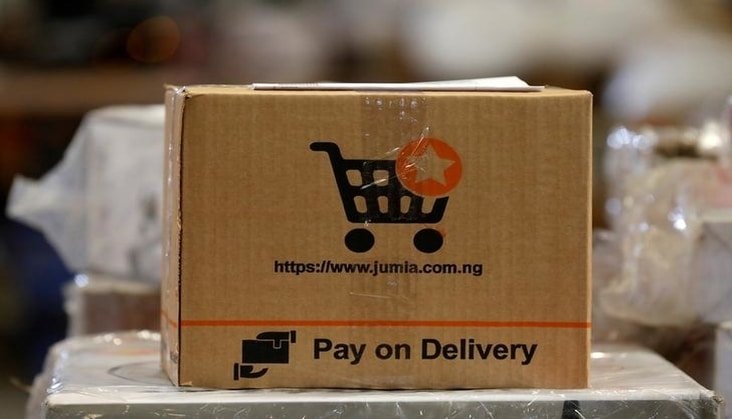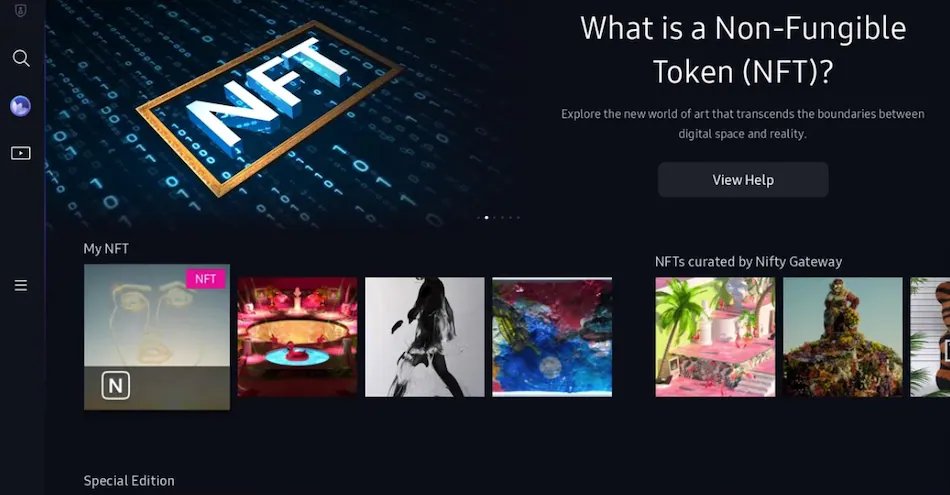Blockchain funding in Kenya, South Africa, and Nigeria exceeded $91 million.

According to a recent survey, blockchain funding increased by a startling 1,668% in 2022 compared to the previous year, reaching a total of USD 91 million in nations including Kenya, South Africa, and Nigeria.
According to the “State of Web3.0 in Africa” report by EMURGO Africa, in strategic partnership with PwC, South Africa is revolutionizing industries through the adoption of Web3.0 and blockchain technologies, while Kenya has experienced rapid growth in implementing blockchain solutions that stimulate economic development in East Africa.
Ahmed M. Amer, CEO of EMURGO Africa, asserts that Web3.0 technologies are already altering the African digital environment by providing creative answers to age-old problems and empowering people and communities all over the continent. In order to realize the full potential of Web3.0, this paper gives an in-depth exploration of the potential for these technologies to spur good change. It also emphasizes the significance of building a collaborative environment amongst stakeholders, legislators, and regulators.
The research emphasizes Nigeria’s significant contribution to driving financial inclusion and supporting innovation in the digital currency sector in West Africa by highlighting the nation’s high ranking position in the top 10 countries worldwide for crypto adoption.
Concurrently, the MENA area has been named the crypto market with the quickest rate of growth from 2021 to 2022, driving the digital revolution among users, regulators, and crypto investors alike. The research offers a picture of Kenya’s leading position in blockchain adoption and digital innovation and highlights the tremendous accomplishments and untapped potential of blockchain and Web3.0 technologies across Africa.
On a worldwide scale, cryptocurrency regulation is changing. Of the 35 countries surveyed, 40% have put regulatory frameworks in place, 34% are actively working on them, and only 9% have outright banned cryptocurrencies.
Despite the fact that only 0.5% of global blockchain funding has been allocated to Africa thus far, the continent’s dedication to Web3.0 technologies and digital currencies is poised to recalibrate the financial and technological landscape, opening the door for previously unheard-of financial inclusion and innovation.
The demand for USD-pegged stablecoins is fast increasing on the continent as consumers seek to preserve their asset values from decreasing and owners of SMEs look for more affordable and effective methods of payment due to weakening local currencies and uncertain economic backgrounds. This development is evidence of how widely digital currencies and blockchain technology are being used as workable alternatives in unstable economic circumstances.
The “State of Web3.0 in Africa” highlights the significance of a balanced regulatory approach in preserving individual privacy and protection, particularly in light of the fact that data protection laws have been established in nations like Kenya, Nigeria, Egypt, and South Africa, as well as the fact that 20% of Sub-Saharan African countries currently outlaw crypto-assets.







